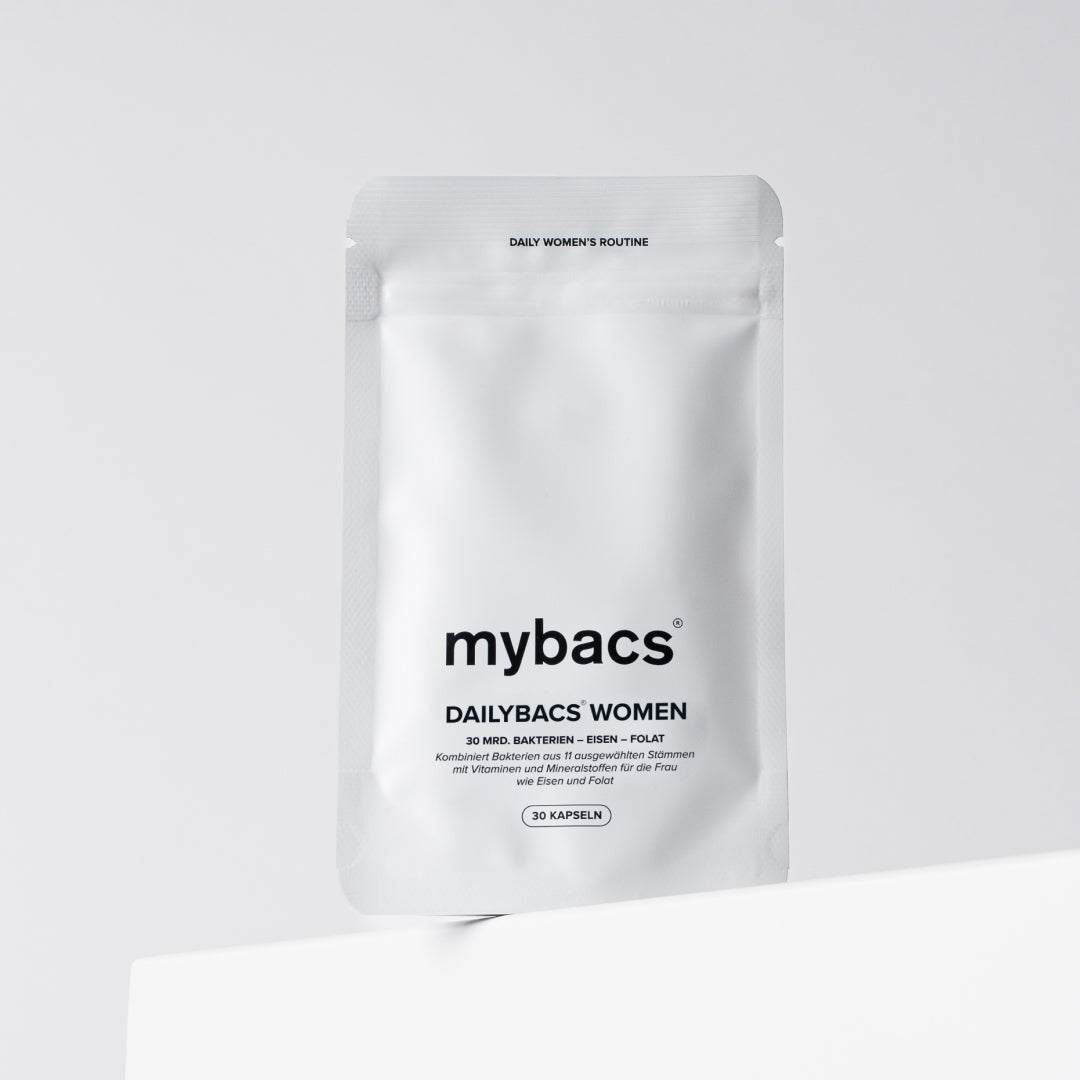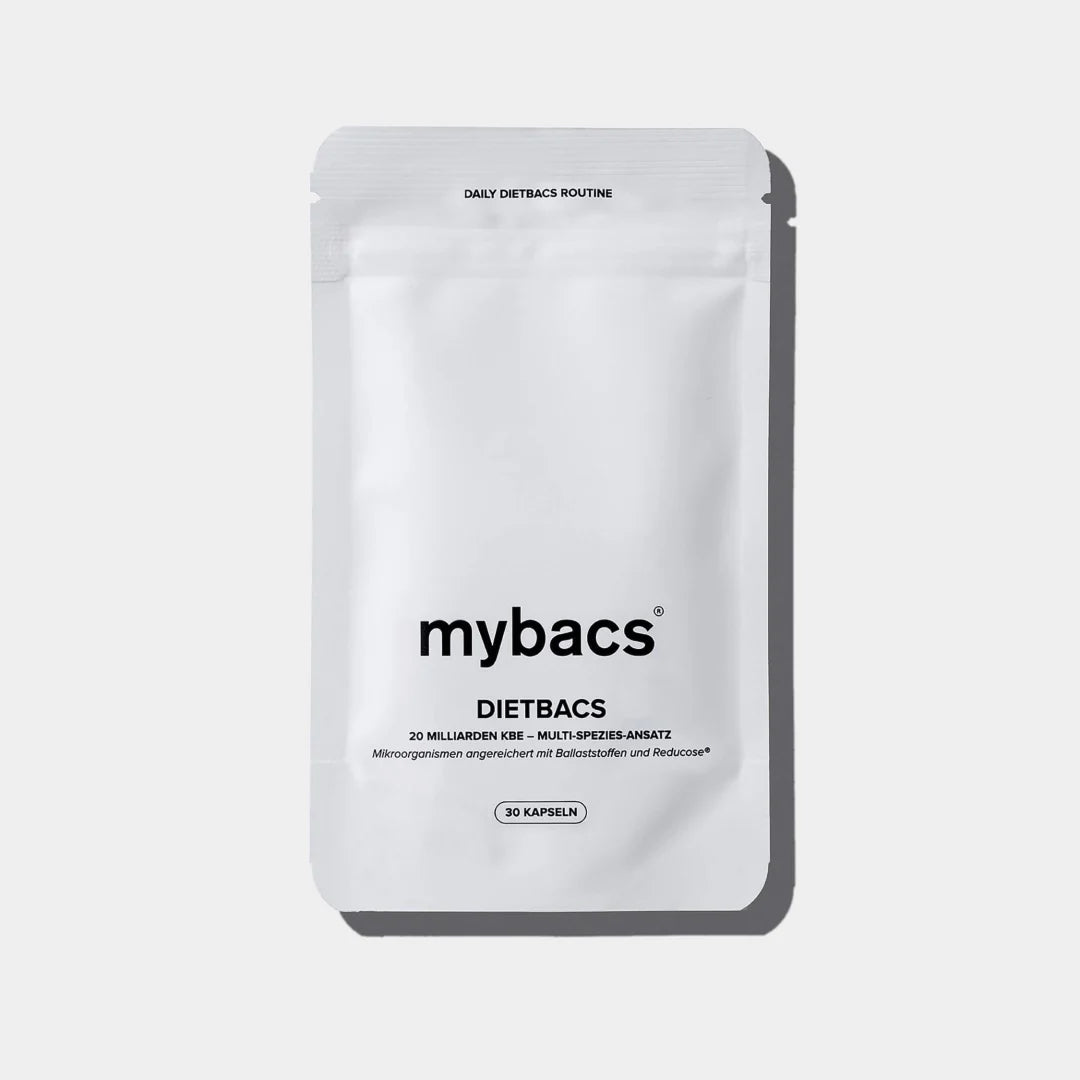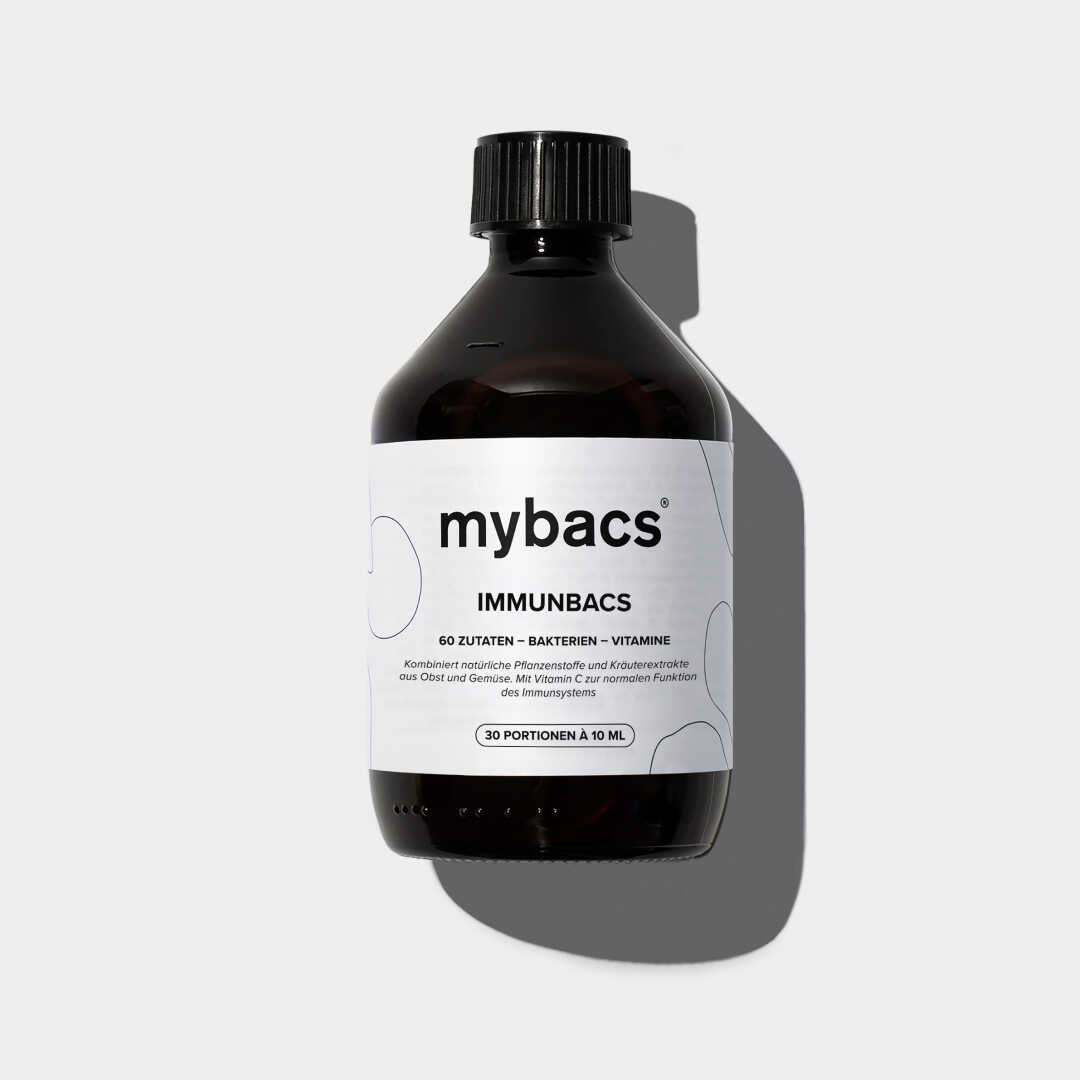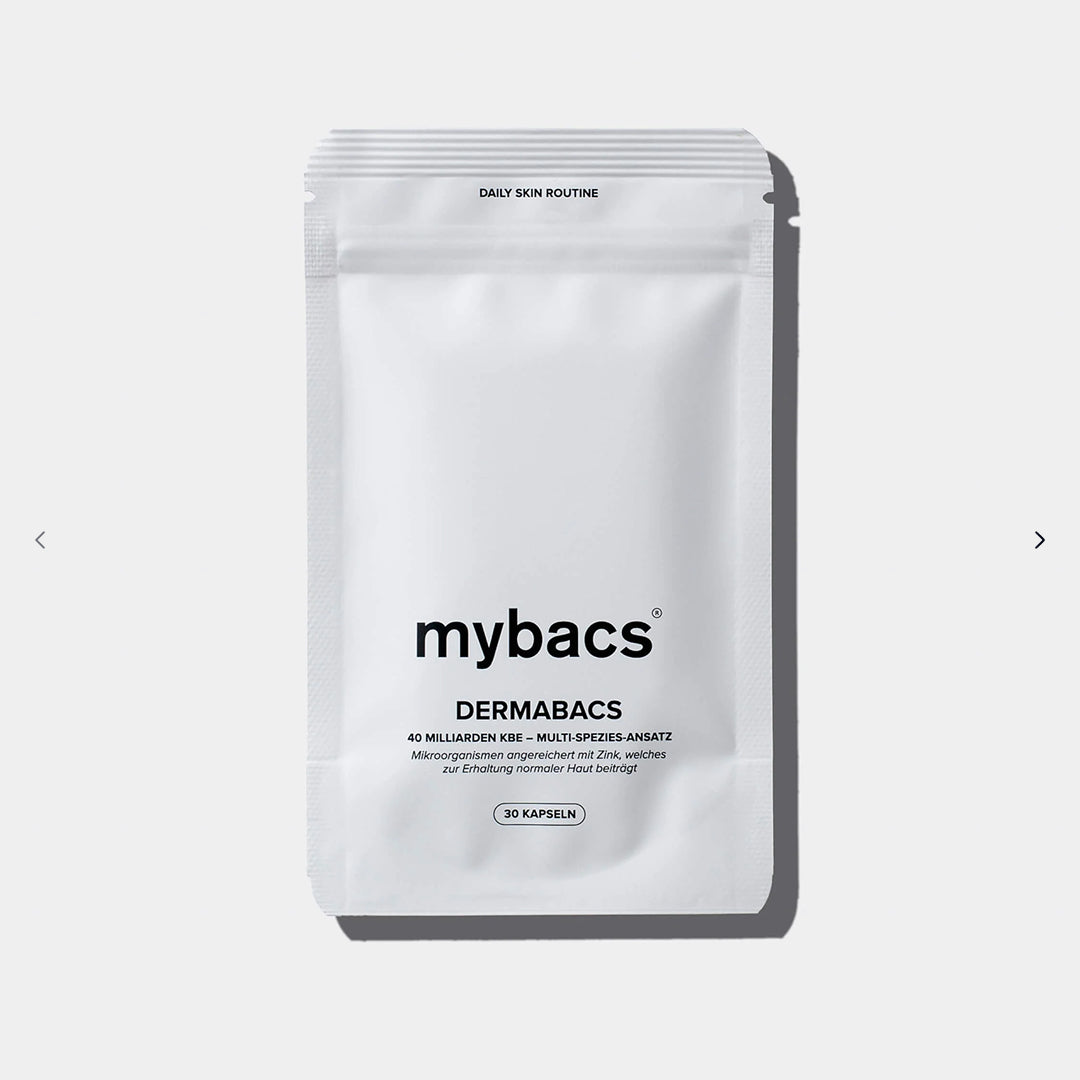The days are getting longer, temperatures are rising, and the sun is shining – summer is just around the corner! But alongside all the joy that the warm season brings, it also brings challenges for our health. From our skin to our gut to our entire body – the change of seasons brings with it changes in our microbiome. But don't worry, science has some interesting facts to share that can help you get through the summer healthily. Learn how to make the most of your summer in this article!
Summer nutrition and your microbiome
Summer foods like meat and alcoholic beverages can affect your microbiome. For one thing, eating meat, especially red and processed meat, can alter the balance of gut bacteria. Red meat is high in saturated fat and a molecule called carnitine. Some gut bacteria can convert carnitine into a harmful molecule called trimethylamine N-oxide (TMAO), which has been linked to heart disease.
Alcohol can also impair the gut microbiome. It can damage the intestinal lining and increase permeability, leading to "leaky gut syndrome." This can cause bacteria and toxins to leak from the gut into the bloodstream, straining the immune system and promoting inflammation throughout the body.
Plant-based fiber can positively influence the gut microbiome by enriching specific microbial species and increasing microbial diversity. Therefore, you should increase your consumption of seasonal fruits and vegetables. Probiotics can also help here: They can help restore the balance of gut bacteria by increasing the number of good bacteria and crowding out harmful bacteria. Furthermore, they can improve the health of the intestinal mucosa and strengthen intestinal barrier function, which helps prevent leaky gut syndrome. Therefore, probiotics can be a useful supplement to counteract the potentially negative effects of meat and alcohol on the microbiome.
Your microbiome and summer fashion
Attention ladies: The vaginal microbiome is an extremely vibrant yet sensitive ecosystem. It consists primarily of bacteria that produce lactic acid, thus maintaining an acidic environment that ensures protection against harmful microorganisms. But especially in summer, this delicate balance can easily become unbalanced. Frequent swimming in chlorinated pools or salty seawater can influence the vaginal microbiome. Added to this is wet swimwear, which is often worn for too long. Warm, humid climates are an ideal breeding ground for fungi and other harmful microbes. Therefore, you should make sure to change out of wet swimwear for dry clothes as soon as possible after swimming to minimize the risk of infection and keep your microbiome healthy.
Vitamin D: Your summer hero
Vitamin D plays a crucial role in various bodily functions. Its role in regulating calcium and phosphate levels in the body is particularly important. It increases the absorption of calcium and phosphorus in the intestine and promotes their incorporation into the bone matrix. Adequate vitamin D levels are therefore crucial for bone health and growth.
Since vitamin D is primarily synthesized through sunlight, we recommend supplementing with vitamin D, especially during the winter months or in regions with low sunlight. Concomitant intake with vitamin K2 is advisable, as this vitamin regulates blood clotting and transports excess calcium in the blood to the bones. This can prevent the calcium absorbed through vitamin D from being misdistributed in the body.
Last but not least, don't forget to protect yourself from excessive sun exposure, even in the summer. Despite the benefits of vitamin D, excessive sun exposure and sunburn can increase your risk of skin cancer.
With these tips, you can ensure that you and your microbiome can enjoy the summer in the best possible condition.






